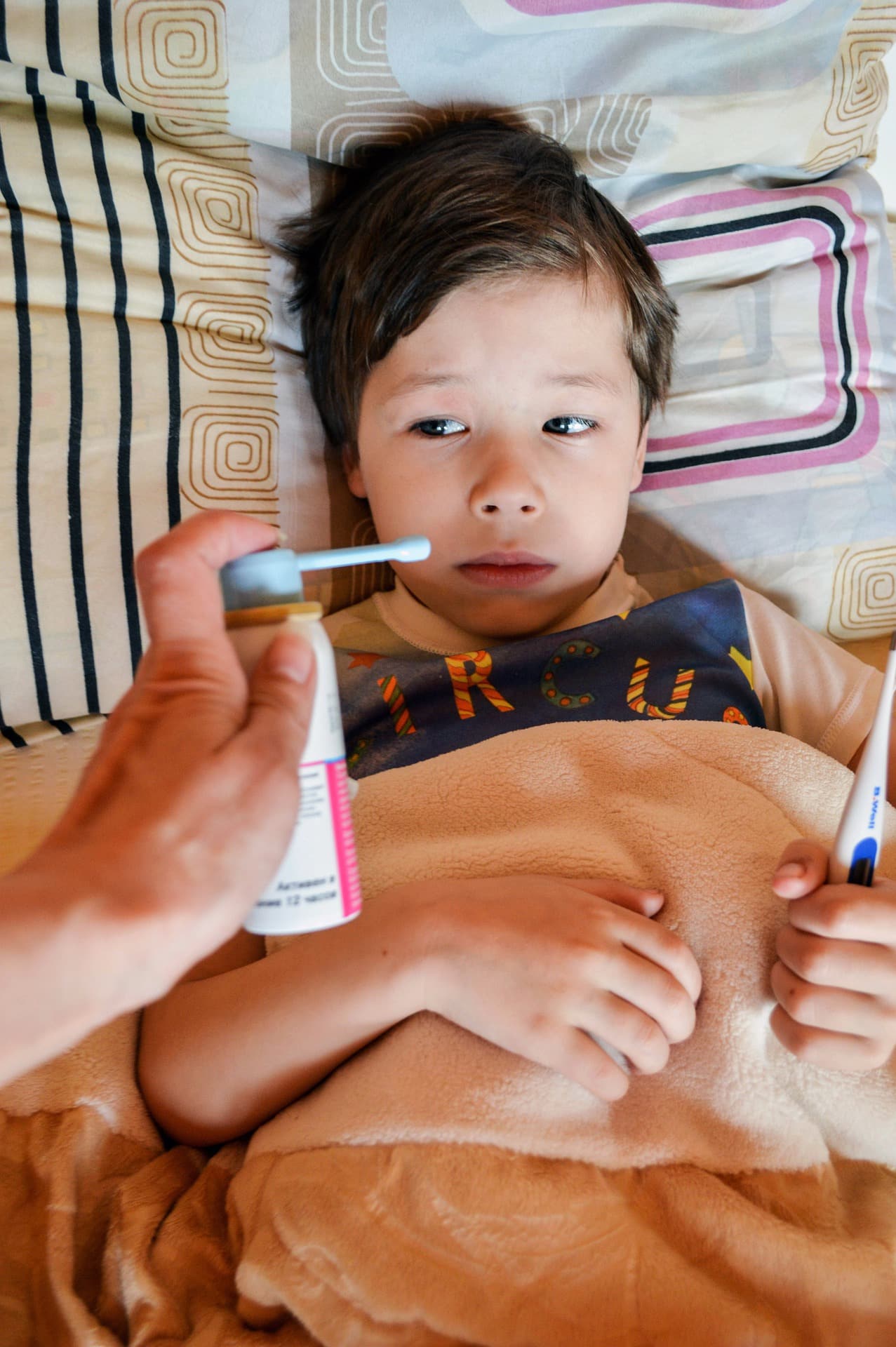
Münchhausen syndrome is a psychiatric condition that takes its name from the German baron of the same name who lived in the XNUMXth century, famous for his spasmodic tendency to recount fictitious and implausible feats with the sole purpose of attracting attention.
It is a Mental illness and a form of abuse in which a parent or other caregiver, such as a custodial parent or adoptive parent, pretends or makes the child get sick The person who takes care of the child is often referred to by the English term "caretaker" or "caregiver". This situation can also occur in the elderly, not only in children. And even in people with disabilities.
The syndrome consists of the simulation by the tutor of a disease that would affect the child. The caregiver reports nonexistent symptoms or even harms the child to make her believe that she is unwell. Sometimes they go so far as to make them sick. Thus it attracts care and compassion for yourself. In the pediatric field, very often the caregiver is the mother who simulates or provokes a disease state in her child.
What are the causes of this pathology?
Por el momento there is no certainty about the causes of Münchhausen syndrome but points to a personality disorder, an emotional trauma, especially in childhood, or a stressful situation such as separation from the spouse. Sometimes at the base of this behavior there may be a conflict with the couple that the guardian thinks he can bind himself more, due to the incurable illness of the child.
In the most severe cases of this serious psychiatric disorder, when reconstructing the family history of the child, it is possible to meet a brother or sister who in turn suffers from the same rare or unclear illness or deaths in the absence of a diagnosis. To refute what the caretaker informs, "the best thing is that there is another close person such as a brother, uncle, etc.

When and how does it happen?
The child's illness can be completely invented, for example, by simulating symptoms:
- Heat the thermometer to simulate fever;
- By misreporting the child's medical history and materially falsifying clinical documentation and laboratory test reports;
- Add blood to urine or stool samples or glucose to the baby's urine samples before testing.
In other more worrying cases, the symptoms can be provoked. For example:
- Administering the child laxative drugs to simulate diarrhea or any other type of drug to cause symptoms, even severe ones;
- Reducing the child's feeding so that he loses weight and becomes malnourished;
- Injecting infected material (including feces!) to cause fever and symptoms of septicemia.
In some cases, these practices lead to the death of the child. Yes the child's disease is invented from scratch, the symptoms described are usually varied, disconnected from each other and unclear and can affect any organ or system. The doctor at that moment realizes that something is wrong.
The illness for which the child is taken for medical observation is generally of long duration: it is clear from the history and the documentation that the child has already undergone medical examinations several times, not only at different times, but often with different doctors and it has never been possible to reach a diagnosis.
It is important to underline that, obviously, the symptoms are manifested in the presence of the tutor: when the child is away from the caregiver their symptoms improve or disappear. In addition, it does not stop publicize his son and his false illness (for example, by sharing your story on social media) to attract people's attention, compassion, and interest.
Caregiver Profile
The person with Münchausen syndrome has common characteristics. They are generally women who tend to dramatize any episode involving them. They have often experienced turbulent childhood, poor in affection and attention and sometimes have a history of psychiatric problems (alcohol, drug addiction, self-harm). In some cases, the person himself is affected by Münchhausen syndrome - he simulates his own diseases.
Among other characteristics common to people with this syndrome is interest in medical subjects. It is mostly about of people of medium-high culture, accustomed to reading, updating, studying and attending websites and forums.
Unlike another parent who often frowns on the possibility of subjecting their child to potentially risky and invasive diagnostic or therapeutic procedures with some stress, the affected "caregiver" is always very calm about this prospect. Given the alleged illness of the childAlso shows no sign of suffering or despair. Instead, he comes across as very dignified, thus increasing the esteem around him.
When the health professional does not give enough credit or question the veracity of the symptoms or from the related clinical history, the parent reacts hostilely, often ending the relationship and requesting the child's discharge, even against medical advice. The "caretaker" will then take the child to the care of another doctor, perpetuating the process in a new hospital.
Another constant is trend towards different therapies, many times alternatives, ineffective, demanding or involving long trips or displacements. This makes the mother's "battle" even more heroic, admirable and capable of arousing a natural solidarity to the point that these subjects often become public figures, a symbol of mothers who fight for a right.
In fact , caregivers often make use of social networks to gain visibility and consent, posting photos of the "sick" child, blogging about the child's medical history, even raising funds for the alleged medical expenses they must incur to care for the child.